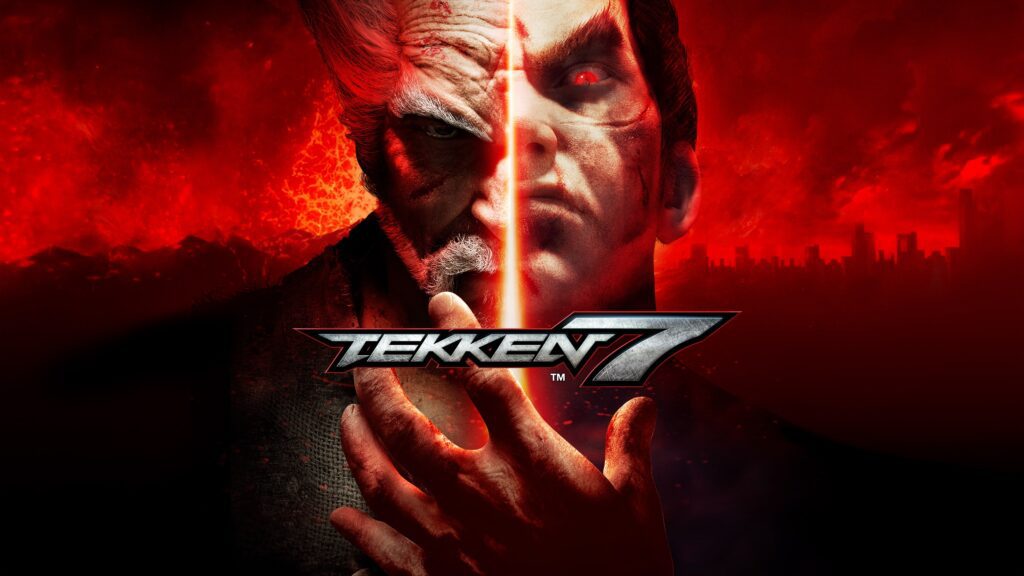
Multiplayer trophies are the bane of many trophy hunters’ existence. Where most trophies can be earned with enough time or skill, these achievements often take agency away from you. Rather than earning trophies based on a player’s own merits, trophy hunters are held at the mercy of whomever they get matched against. Inconsistent skill-based matchmaking systems, unpopulated servers, and downright ludicrous trophy requirements all contribute to making online multiplayer trophies a massive pain.
How do trophy hunters manage to mitigate the randomness inherent in online multiplayer modes? In this article, you will learn what it means to boost trophies, why trophy hunters choose to boost trophies, and tips to ensure that your first time boosting multiplayer trophies is a success.
Table of Contents
What is Boosting?
“Boosting” is a term that often comes with a negative connotation in the larger gaming community. In general, it refers to when players artificially increase their rank or leaderboard position in a multiplayer game via unnatural means. In other words, boosted players reach higher scores than they deserve by playing a video game in a way other than was intended by its developers.
Boosting in online multiplayer games can damage the integrity of skill-based matchmaking. It ultimately results in lop-sided matches that are frustrating for both boosted players and the adequately skilled players they’ve been matched against. Furthermore, those who achieved high ranks authentically might feel disenfranchised by those who reached the same heights with arguably less effort, thereby cheapening the value of the achievement.
Although the roots of the term can be negative, the underlying meaning alters slightly within the trophy hunting community. Trophy hunters set up so-called boosting sessions to find other players with the express objective of earning a set of trophies as quickly and efficiently as possible by working together. This can be done to earn both competitive and cooperative trophies alike.
The distinction between the two definitions of boosting is that those who wish to play a game normally are largely not impacted by trophy hunting sessions. Boosting sessions are usually planned in advance, short-lived by design, and hosted in private lobbies to the fullest extent possible.
Why Do Trophy Hunters Boost Trophies?
For trophy hunters, boosting multiplayer trophies is often an inevitability. After all, many of us play games well after release. Servers for most games are much less populated as years pass so it can be difficult to find any matches at all. And, even if you manage to do so, the current player base will likely consist of only the most dedicated and skilled players.
This makes any trophies earned through winning consistently or performing certain actions in online modes much more difficult than they otherwise would be. Last year, I set upon earning the remainder of the trophies in Tekken 7, a title I hadn’t touched since jumping in for an hour or two back in 2017. Although trophy guides for the game consistently rated the difficulty at around a 3/10, I found it to be much more difficult than prescribed.
I am not a big fighting game buff, so winning online matches in a nearly 10-year-old title against much more experienced players was a tall order. I still remember queuing up against the same two or three players with a skill gap about as wide as the Grand Canyon. Earning those few online trophies with a friend saved me a lot of time and frustration.
Whether a game is a ghost town or full of eSports-level competitors; Neither is ideal for trophy hunters to contend with.
If we want to earn all the achievements in an older or less popular game with multiplayer trophies, or if we want to complete a title we are admittedly less than stellar at, boosting is a necessary evil.
But it’s not all doom and gloom. Many trophy hunters choose to boost multiplayer trophies with other players to foster a sense of community. Boosting can be a great way to meet other trophy hunters and potentially even make some new friends. You may be inspired by another player and feel a renewed sense of commitment to the craft as a result.
Trophy Boosting Etiquette
If you want to make the most out of boosting online multiplayer trophies with other players, it’ll take more than having fun and doing your best. While those two are the golden rules for any online gaming environment, the following guidelines are all best practices to help you get started on the right track:
Take Turns
One of the most intuitive tips for boosting multiplayer trophies is to remember that it is a mutually beneficial effort. Usually, you and one or more other trophy hunters will want to earn the same set of trophies in a video game. The standard approach is to take turns in whatever task you need to accomplish, such that all involved parties earn progress toward the trophy at the same rate.
This can look different depending on the game in question. Frequently, this means one team loses a match on purpose, then wins the next one, and so on. Other times, this can mean letting an opponent defeat you with a certain skill, then doing so in kind once you’ve successfully revived. It is usually best to focus on specific trophies until they’re unlocked for all parties before moving on to the next set to prevent anyone from lagging significantly.
You can imagine the “taking turns” tactic as if you are cooperating in a three-legged race with your boosting partner. You both alternate in taking a step toward your goal, ensuring you will reach it together at the same time.
There are many reasons for conducting sessions in this manner. Taking turns can serve as something of an insurance policy, as it protects you from a boosting partner earning their trophies first and refusing to return the favor. If the other person unlocks all of their trophies while you gain zero progress, and they then choose to leave the session early, you would have wasted several hours’ worth of your time for no benefit. Taking turns means the other person is forced to stick around for the entire duration of a session.
Another reason this is ideal has to do with perception. Earning your trophies and then having to wait several hours for the other person to get theirs can be rather boring. After all, you don’t have any trophies to look forward to on your end, as you’ve essentially front-loaded all your rewards. However, taking turns ensures that trophies will be earned at a consistent rate and you will always have a goal to be working toward.
Lastly, it’s just good manners. Demanding to go first is a bad look that might make other trophy hunters view you as less of a team player. Some might even refuse to continue a boosting session for fear that you might not follow through with the agreement.
Read Trophy Descriptions Early
It can be nerve-wracking to join a boosting session if you don’t usually play with others in multiplayer games. You might be worried about how you’ll perform, whether your gameplay will be perceived poorly by your peers, or if a language barrier might get in the way. All of these are valid concerns, but they’re out of your control. What is in your control, however, is your level of preparation for a session.
Few trophy hunters would begrudge a player with a lower skill level. However, going into a boosting session completely clueless as to what to expect can be frustrating for everyone involved. Explaining the optimal set-up for a trophy can waste precious minutes, even more if the task is better expressed through video than words.
To avoid an awkward situation, you should make sure to read the relevant trophy descriptions and strategies posted online in strategy guides ahead of time. That way, you won’t be embarrassed during the session by your lack of knowledge.
Be Kind
This tip speaks for itself. The trophy hunting community is fairly small in the grand scheme of things, so it’s best to make a good impression when meeting other members.
Not showing up to a session you’ve joined, leaving early after unlocking your trophies, or being rude in general can all lead to you being called out in forum spaces as a warning to other players. This might lead to you having trouble getting into new sessions in the future.
More importantly, being kind to others might just open up new doors you wouldn’t have otherwise. If you and your boosting partner get along, you could even agree to boost additional games you share in the future. This is especially beneficial since you both now have a better sense of each other’s playstyle and have likely earned each other’s trust. Even if you don’t boost together again, you might still share tips and tricks for platinum trophies that you’ve earned that the other person hasn’t (and vice versa). Not to mention, you could even become friends.
There are many benefits to being friendly and several deterrents to the contrary. While we can’t control our skill level in a game, we certainly can control the attitude we bring into one. Experienced trophy hunters know how to keep player interactions light so everyone can be satisfied with the session and its results.
Exercise Patience
Boosting multiplayer trophies can be exhausting. Oftentimes the most efficient way to earn these trophies is, ironically, the most unfun way to play the game. An example that I recently experienced came in the form of Resident Evil 5.
The Versus DLC comes with a healthy amount of online trophies. The largest time-sink comes from the need to win a large number of matches. Depending on the mode, these matches can last 3-5 minutes at a time. Opting to take turns in this title means that you will spend several hours alternating between winning a match and standing in the lobby waiting for the timer to end. Even if it’s your turn to win, the most efficient strategy allows you to earn a few thousand points in the first minute or two and then return to your AFK strategy for the remaining time.
In short, it is an incredibly mind-numbing 15-30 hours. Its only saving grace is that the required number of matches is cut in half in the PlayStation 4 release. Even when played normally, the online mode is quite underwhelming and quickly loses its luster.
Resident Evil 5 is not unique in this. Given that a large amount of boosted trophies are earned in superfluous means, that means trophy hunting in these titles is an exercise in patience. Try to distract yourself with a show, music, or a friend if possible. Whatever the case, remember that your boosting partner is relying on you to keep up the good fight. Giving up halfway because you’ve lost your patience punishes your fellow trophy hunter, too.
Keep Communication Open
Every trophy hunter is different when it comes to their preferred communication style. Some might want to use the built-in PlayStation messaging system, opting for brief messages on an as-needed basis. Others might wish to relocate to external services like Discord as it allows them to type larger messages more easily with a keyboard. More complicated boosting sessions might even necessitate the need for voice chat. Whatever the case may be, make sure to come to an agreement with your boosting partners and stick to it.
Not only is it important to keep tabs on your partner during the session, but it can be equally imperative to maintain communication ahead of time. If the boosting session needs to be rescheduled, you will want to know as soon as possible so you don’t plan around a canceled event.
It is also good manners to let your boosting partner know when you’ll be available and for how long if the session’s allocated time and date are temporary placeholders.
Use Reputable Websites to Find Groups
There are a few dedicated trophy hunting spaces that you can use to find boosting sessions for online multiplayer sessions. My personal preference is PSN Profiles because it streamlines the experience and makes it easy to find others. You can also find other players on True Trophies (for PlayStation), True Achievements (for Xbox), or on the monthly boosting threads on the r/Trophies subreddit, such as this one for September 2024. You can also try networking in specific video game communities, like the official Fireteams board for Destiny 2.
Regardless of which avenue you prefer, take care that you use a reputable source. If anyone contacts you asking for personal information, payment, or tries soliciting non-gaming-related favors in exchange for trophies, then you should steer clear. As always, practice safe internet browsing!
Don’t Pay for Trophy Services
Trophy hunting is a hobby with a well-connected community. Practically any multiplayer title you can think of will have at least one player that needs a boosting partner. And, if there isn’t, there might still be players with the game’s achievements completed who would be willing to help you. I can’t count the number of times I’ve seen boosting sessions being hosted by veteran players looking to guide others with more difficult trophies.
With the community being as selfless as it is, there’s absolutely no reason that you should pay someone to help you earn trophies. This goes doubly so for any services that claim they’ll unlock a trophy on your behalf using your login details.
For starters, this would be unethical; What’s the point of getting an achievement if you didn’t put in the work for yourself? If it’s just about checking something off a list, I would challenge you to focus more on what you can add to your profile going forward rather than past experiences you think are detracting from it. If trophy hunting represents our history as players, even incomplete trophy sets can tell an interesting story.
Secondly, these services only heighten the general gaming population’s perception that trophy hunters are addicted to unlocking achievements in an unhealthy way. Feeding into these stereotypes can be harmful to the community in the long run and might make it more difficult to introduce new players to the joys of completionism.
Thirdly, some of these trophies might be unlocked by using custom firmware or hacks which might result in repercussions to your PlayStation account. This is more of a problem for older consoles like the PlayStation 3 and Vita generations. Additionally, if you are identified as having cheated trophies on PSN Profiles, your account will be flagged and you will be removed from the leaderboards.
Lastly, spending any amount of money for someone else to unlock trophies on your behalf is proof that you don’t enjoy the thrill of the hunt. If you’re willing to spend money to avoid the tedium, then trophy hunting might not be for you—and that’s okay. It will always be better to drop a game early on than pay someone else to get it off your list. Even if you don’t want to hunt for trophies in particularly tedious games, you can always enjoy the hobby with more accessible titles!
Offer a Trade
Sometimes, a reciprocal boosting partner is impossible to find. Older games might not have as many trophy hunters needing their multiplayer trophies completed. Instead, we might need to consider finding a more equitable solution.
Some trophy hunters will agree to help you boost trophies in a game they have already completed in exchange for your assistance in a different, mutually-owned title. For example, you might need help with Naruto Shippuden: Ultimate Ninja Storm 2’s multiplayer trophies; Another trophy hunter might agree to step in, so long as you help him or her with Destiny’s list.
It is important to remember who holds negotiating power in these circumstances. It might be unreasonable to ask for help in a title if its trophies would take 10 times as long as the set the other party needs. That said, depending on how small the player base of your selected game is, you might not have much of a choice but to accept an unbalanced deal if you really want those achievements. It’s up to both trophy hunters to come to an agreement that both can be happy about.
Set Aside Enough Time
Boosting multiplayer trophies can be incredibly time-consuming depending on the game. Trophy hunters should be cognizant of how long a set of trophies is estimated to take and ensure they have enough time to get them done.
If the required time is likely to exceed multiple sessions, you’ll want to have a plan ahead of time for how you will conduct additional sessions with your boosting partner. In general, it is common practice to set up sessions for weekends, usually with a duration of at least 2 hours. If you can’t commit to long enough sessions or a regular schedule to finish the trophies in a reasonable timeframe, then you’re doing a disservice to your boosting partner. At the very least, you should make sure they are aware of your circumstances.
After all, no one wants to be stuck playing Resident Evil multiplayer matches for weeks or months in a row if at all possible. Recall the discussion of the Versus DLC trophy stack for Resident Evil 5 earlier. The PlayStation 3 version of these trophies is estimated to take 30 hours to complete.
Even if you can commit to 6-8 hours of playtime in a weekend, it would still take a month of consistent meet-ups to wrap up all the achievements. Of course, that calculation assumes everything goes according to plan. I’m sure I don’t have to point out that the longer you need to meet, the more likely it is that something comes up and a session or two gets skipped, thus prolonging the suffering of all involved.
Pay It Forward
A lot of experienced trophy hunters will offer to help others earn trophies strictly from the goodness in their hearts and a love of the hobby. These players set up sessions on a recurring basis or join budding groups without any regard for what they might get in return. They’ll help you earn whatever trophies you need, even though they’ve earned them on their own long ago. To be frank, these trophy hunters are a large part of what makes the community as amazing as it is.
When someone goes out of their way to help you and there’s no way for you to return the favor, there’s only one way to respond. You should try to pay it forward by helping someone else who needs a boosting partner, even if you don’t. This can be very impactful for challenging games that you have a knack for, like Call of Duty Zombies modes, or games that are less popular, like Naughty Bear.
Conclusion
Boosting multiplayer trophies can be tedious, but following these unspoken rules will make every session much more fulfilling for everyone involved. Working together can help trophy hunters earn achievements more efficiently and become more involved with the community.
Have you boosted multiplayer trophies with other players before? What game was the most challenging? Up next: Find out what type of trophy hunter you are, or some of the ways trophy hunters make achievements more difficult than they need to be.


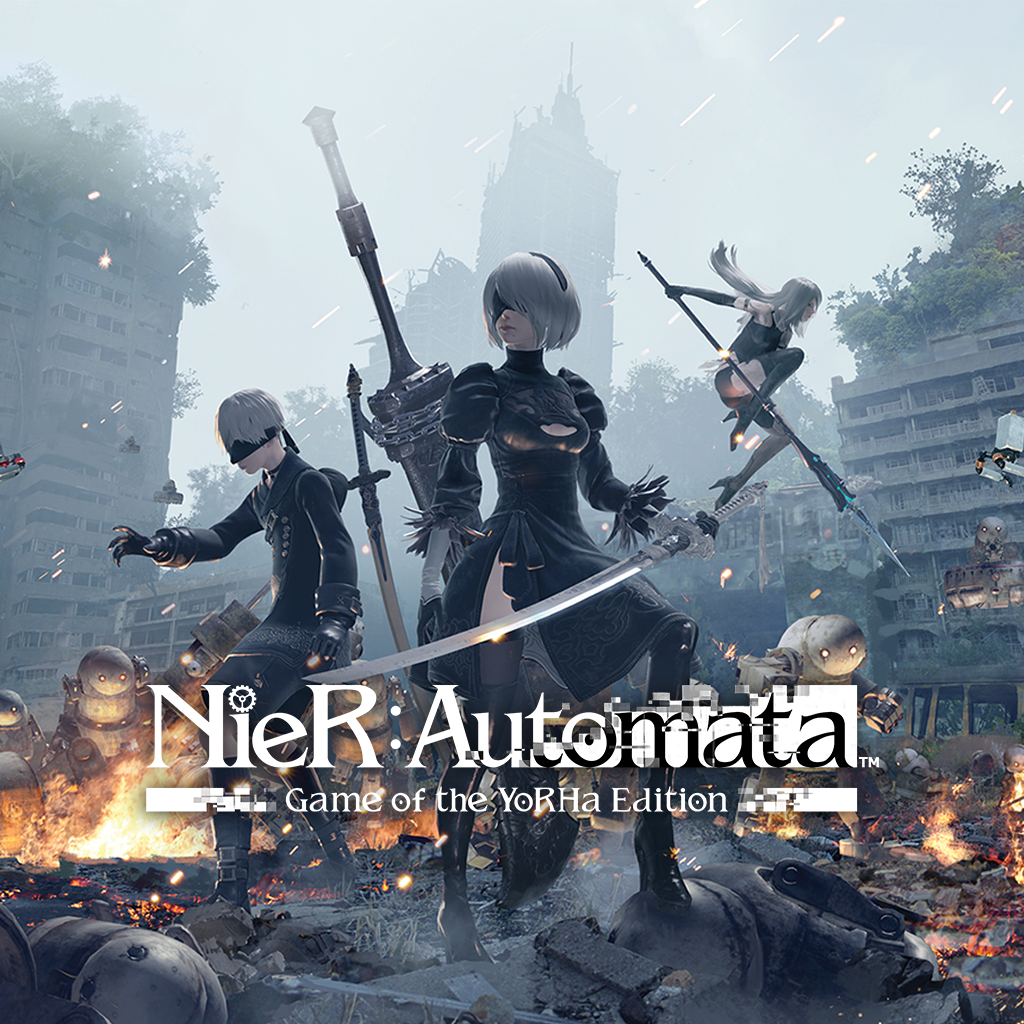
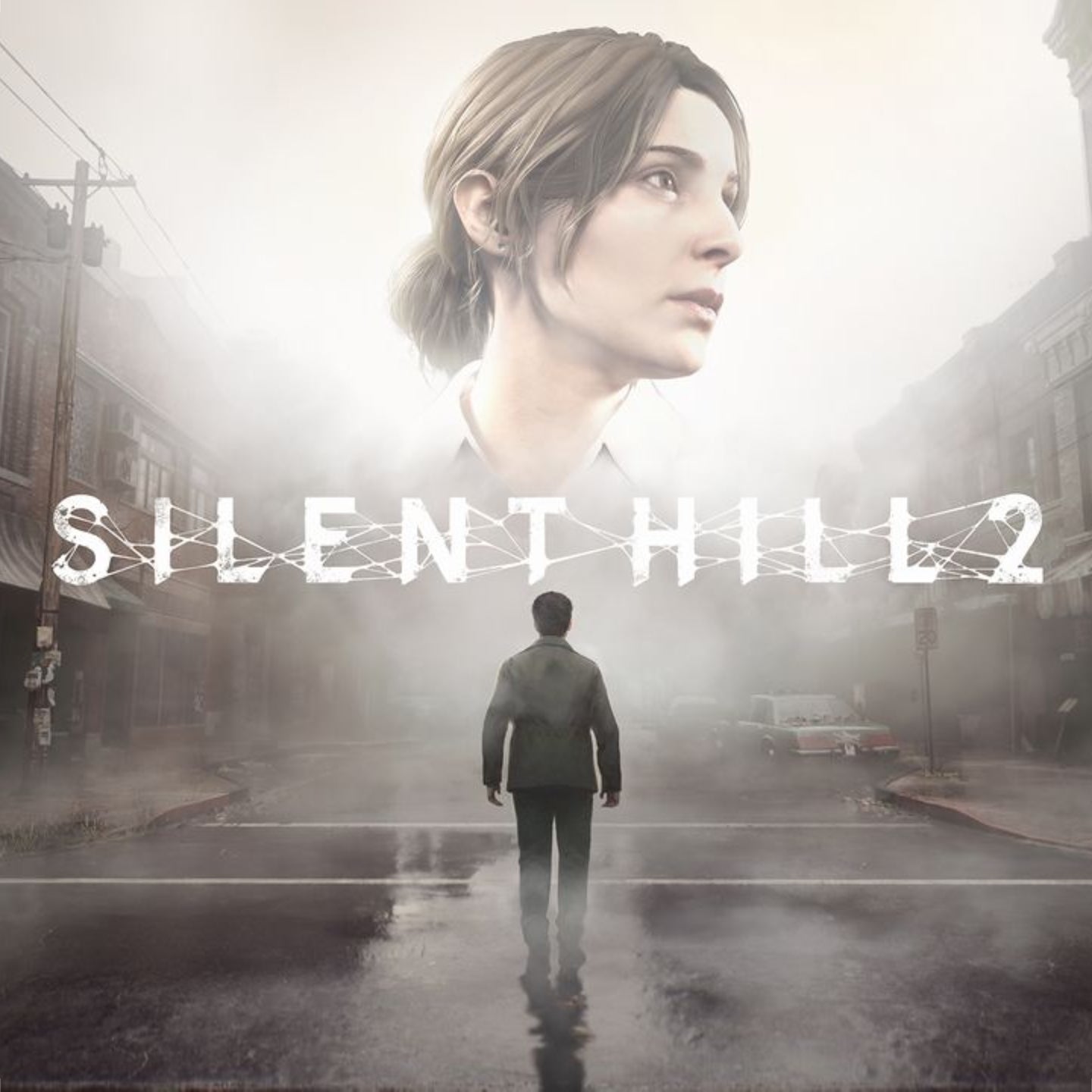
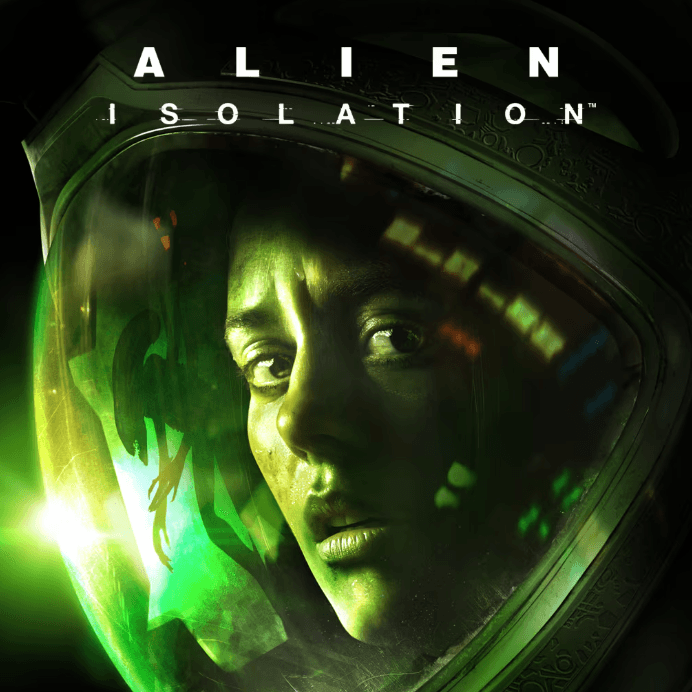
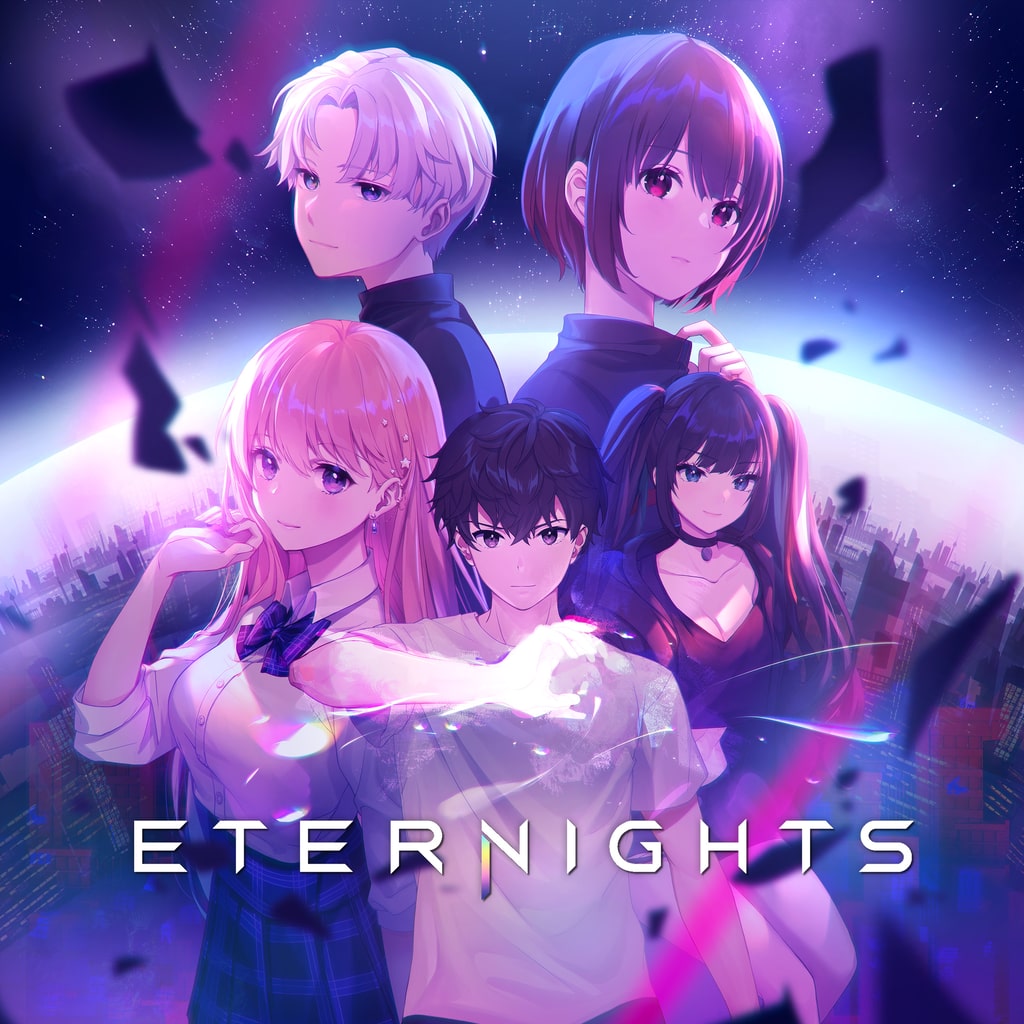
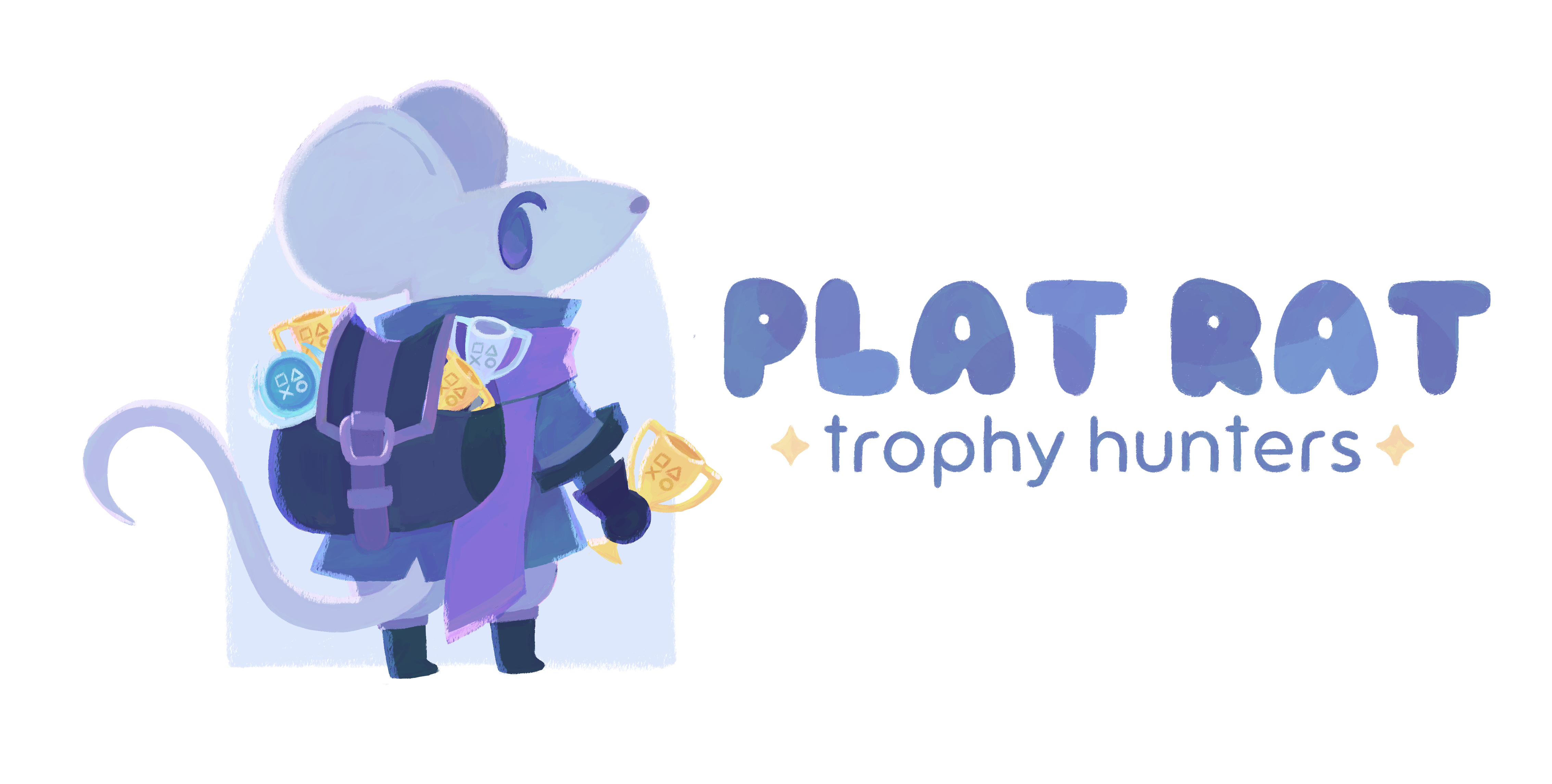
Leave a Reply